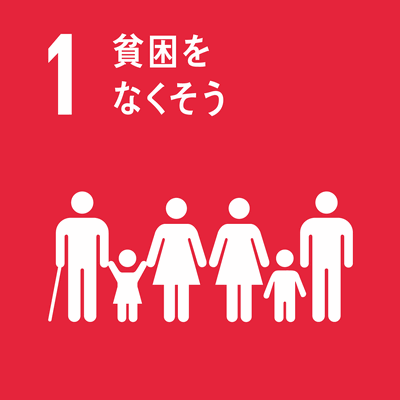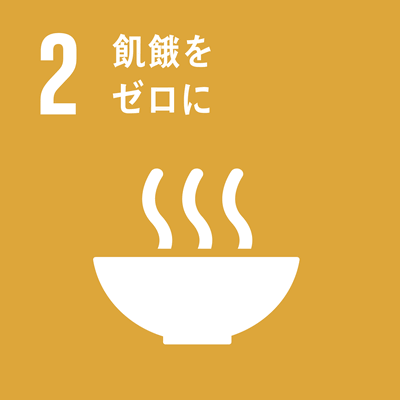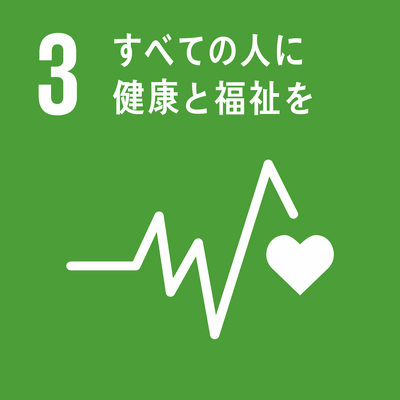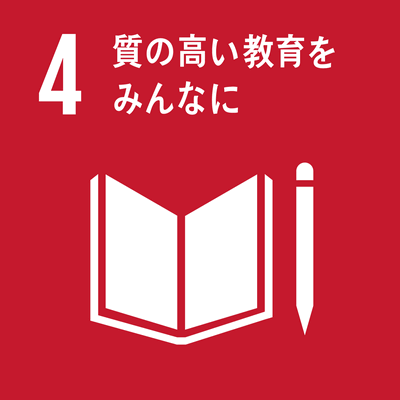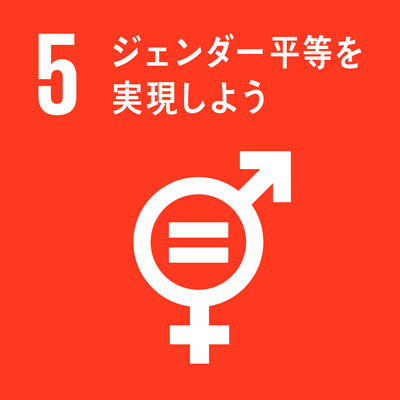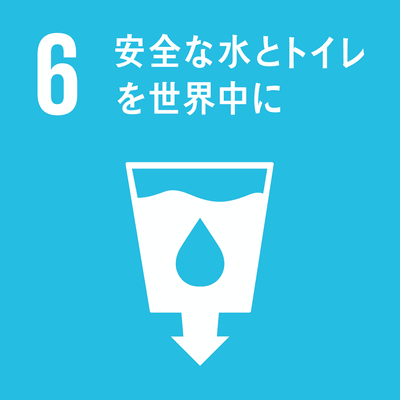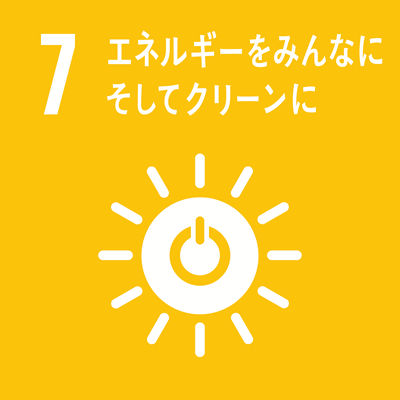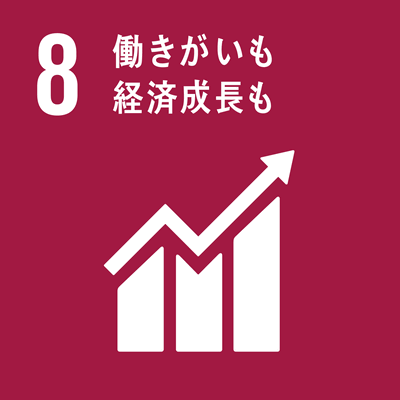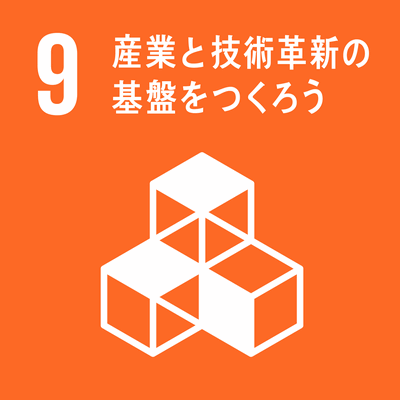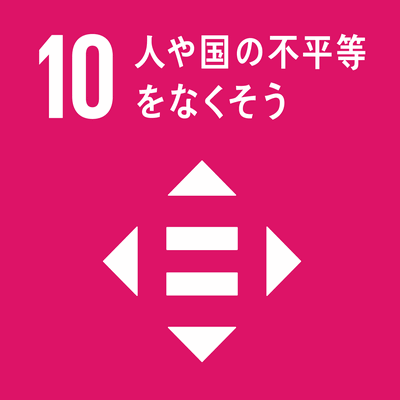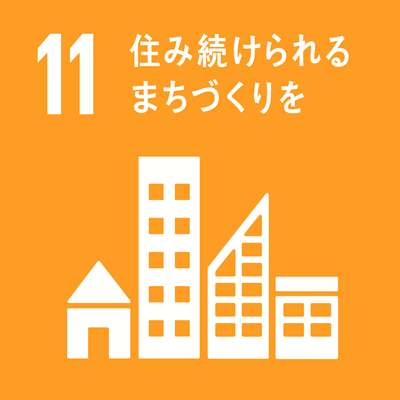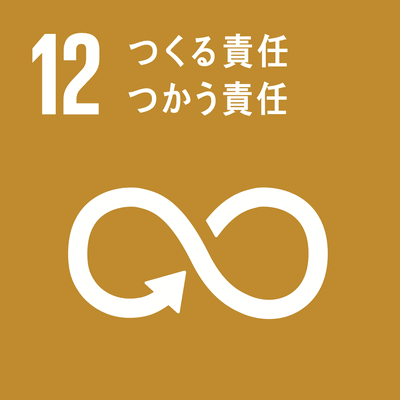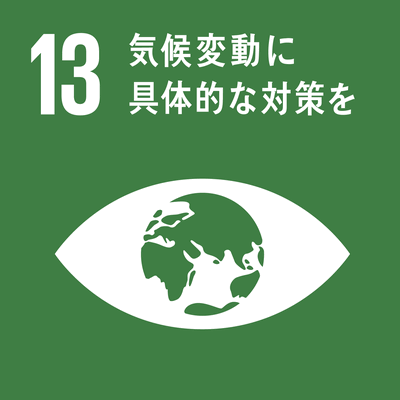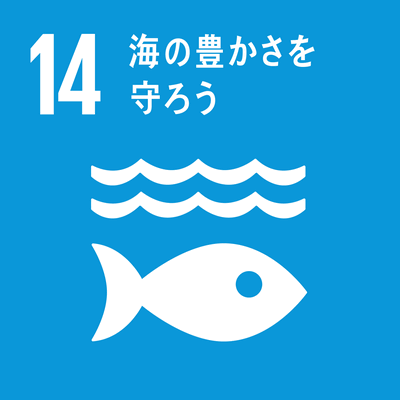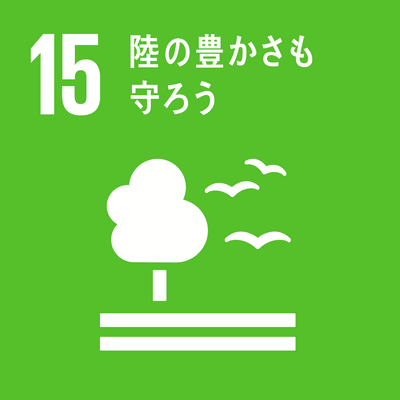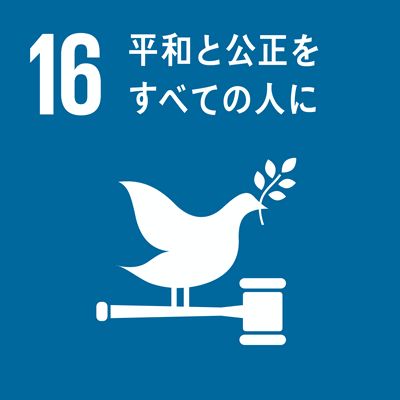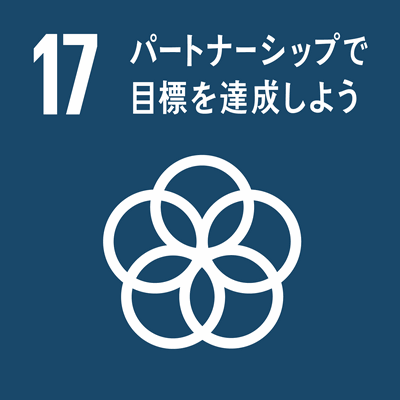シラバス表示
シラバスの詳細な内容を表示します。
→ 閉じる(シラバスの一覧にもどる)
科目の基本情報
| 開講年度 | 2021 年度 | |
|---|---|---|
| 開講区分 | 国際交流センター(国際キャリアアップコース) | |
| 受講対象学生 |
学部(学士課程) : 1年次, 2年次, 3年次, 4年次, 5年次, 6年次 留学生と共に英語で学ぶ国際共修科目 |
|
| 選択・必修 | ||
| 授業科目名 | 環境問題と地球A | |
| かんきょうもんだいとちきゅうえー | ||
| Environmental Issues and Our Planet Earth A | ||
| 単位数 | 2 単位 | |
| ナンバリングコード | ||
| 開講学期 |
前期 |
|
| 開講時間 |
金曜日 3, 4時限 |
|
| 授業形態 |
オンライン授業 * 状況により変更される可能性があるので定期的に確認して下さい
「オンライン授業」・・・オンライン会議ツール等を利用して実施する同時双方向型の授業 |
|
| 開講場所 | 国際交流センター 視聴覚室(総合研究棟Ⅱ2階) | |
| 担当教員 | ブライアン・ジェームス・マホニー(非常勤講師) | |
| Brian James Mahoney | ||
| Instructor can be contacted through CIER office. | ||
| SDGsの目標 |
|
|
| 連絡事項 | * 状況により変更される可能性があるので定期的に確認して下さい |
|
学修の目的と方法
| 授業の概要 | To study and evaluate various environmental issues relating to global warming, biodiversity, our planet earth and to begin to recongnize the impact these pose to life and sustainabilty. |
|---|---|
| 学修の目的 | For students to develop a greater awareness of the environment and global issues relating to it. To understand differing views that help shape the dynamics of the movements for global change. And for students to learn the basics of the language used to discuss these topics on the global stage. |
| 学修の到達目標 | For students to develop a greater awareness and appreciation for the environment. To gain a better understanding of the vital roles that systems of ecology play in our lives. To reconnect with nature in ways that benefit our planet Earth. |
| ディプロマ・ポリシー |
|
| 成績評価方法と基準 | Class point total: 100 points. Assignment #1 (25 points), Assignment #2 (25 points), Final Assignment (Two Parts: 25 points each). |
| 授業の方法 | 講義 |
| 授業の特徴 |
プロジェクト型PBL プレゼンテーション/ディベートを取り入れた授業 グループ学習の要素を加えた授業 地域理解・地域交流の要素を加えた授業 教員と学生、学生相互のやり取りが、ほぼ英語で進められる授業 |
| 授業改善の工夫 | |
| 教科書 | Materials will be provided by the instructor. Students have access to university computers made available in the classroom. |
| 参考書 | Environmental Documentary and Film: Several titles throughout the course will be presented in order to provide additional support to subject matter. These films will be shown in English/Japanese with English/Japanese subtitles. |
| オフィスアワー | Friday after class: 12:00-12:30. (CIER Classroom). |
| 受講要件 | This is an English content class and therefore a strong background in English writing, reading and communication is necessary. For Japanese students an above average score of at least 600 on the TOEIC test or similar test(s) is necessary. Overseas study and/or international exchange experience is also a plus. *An above average score of at least 730 points on the TOEIC test is a strong indicator of English ability needed for success in this course. |
| 予め履修が望ましい科目 | |
| 発展科目 | With a committed effort, students will gain a better understanding of the language used and the key and controversial issues relating to the global environment. Students will have opportunites for group discussion. Essay and slide show presentations will also give students the opportunity to express facts, viewpoints and opinions in English. |
| その他 | Please note that a short essay may be required prior to official acceptance into this class. |
授業計画
| MoodleのコースURL |
|---|
| キーワード | 環境問題、私たちの地球、生物多様性、エコシステム、伝統と文化 |
|---|---|
| Key Word(s) | Environmental Issues, Our Planet Earth, Biodiversity, Eco-Systems, Tradition & Culture |
| 学修内容 | Class 1: Course Introduction. Students will respond in writing to several questions in regards to the course topic. Class 2: Student introductions will be followed by an introduction to Assignment #1 (Environmental Activism, examples include individuals such as Wangari Matthai, plus organizations, including WWF.) Class 3: Assignment #1 preparations will continue. Students will view the film/documentary about the illicit trade in Tibetan Antelope fur & especially the movement which fought successfully against it. Class 4: Having been introduced to the ideas of Environmental Activism, students will select an individual from a list of notable environmental activists and begin basic reasearch for a class-wide presentation. Class 5: Assignment #1 preparations will continue as students craft both a PPT and talk about the individual they have selected. Class 6: Students will present their PPT and talk during this week. An assessment will be provided for each student. Class 7: Preparations for Assignment #2 will begin as students will need to compare & contrast food culture/animal welfare/environmental sustainability. The Brazilian Cattle Industry and the local cattle industry in Mie prefecture, Matsuzaka city will be under focus. Class 8: Students will be introduced to the global food industry with a focus on the cattle industry. Several articles will be discussed in regards to Japan's food culture & its specialized meat industry. Class 9: A documentary about the Brazilian cattle industry will be shown in class. Students will work to find both similarities and differences between the topics under focus and craft an essay for response. Class 10: Students will select an endangered species and conduct research about the animal. A documentary about Orcas, and the animal entertainment industry in the United States will be shown. Class 11: Students will continue working on research about their chosen species. Preparations for Part Two will begin as students will work to create a personal sketch. Class 12 & 13: Students will focus on crafting their presentation that will incorporate a PPT slideshow with their sketch for an individual talk and class wide discussion. Assessment of work will be provided. Class 14 & 15: Over these final two sessions, students will be shown a film about the exploitation of sea life, most notably that of dolphins & larger whales. A class wide discussion will be held. Class 16: Assessment of individual student work including an overall assessment will be provided for each and every student. |
| 事前・事後学修の内容 | Prior to the following week's class, students will be assigned various prep work assignments, including, magazine/newspaper articles, research articles, online videos, etc. It is expected that students will spend from 1 - 3 hours per week on these prep work assignments. Students will also be expected to contact with the instructor during the week through email. Follow up work from these assignments may take an additional 1 to 2 hours of study time. |
| 事前学修の時間:60分/回 事後学修の時間:60分/回 |
